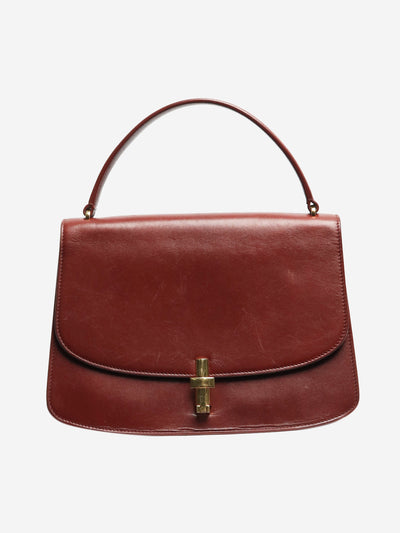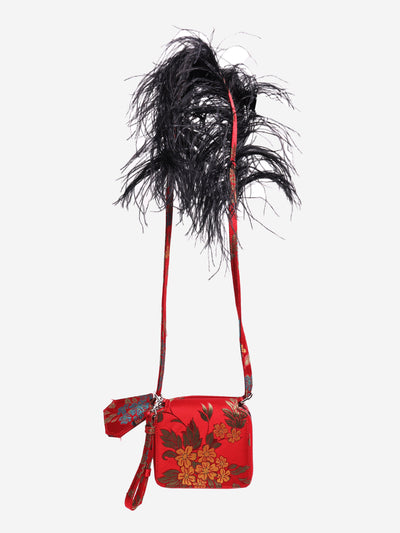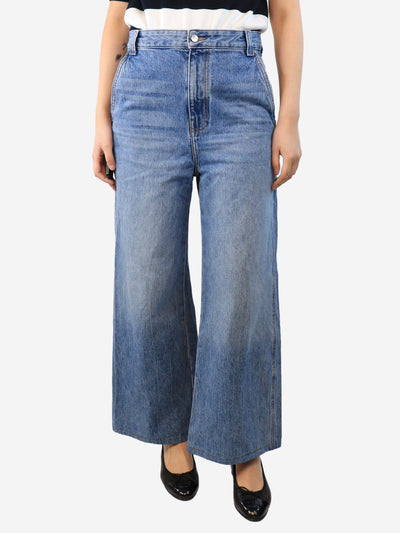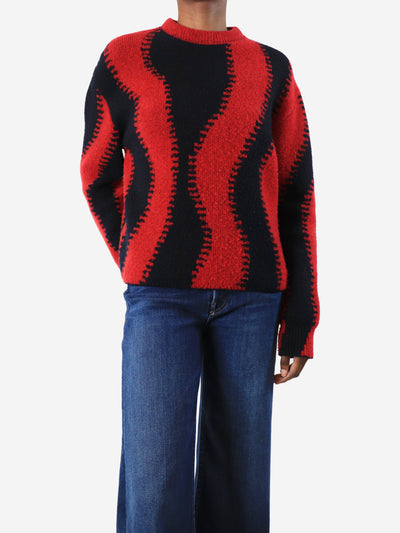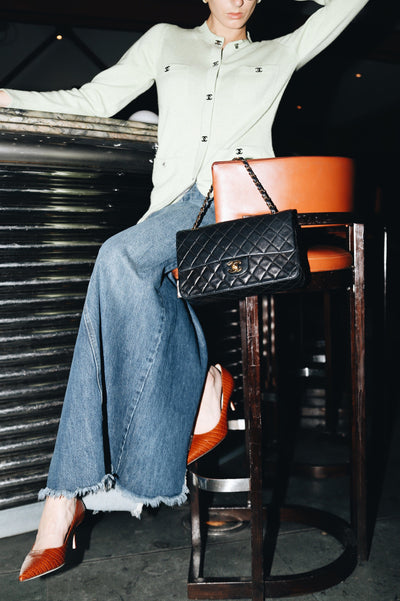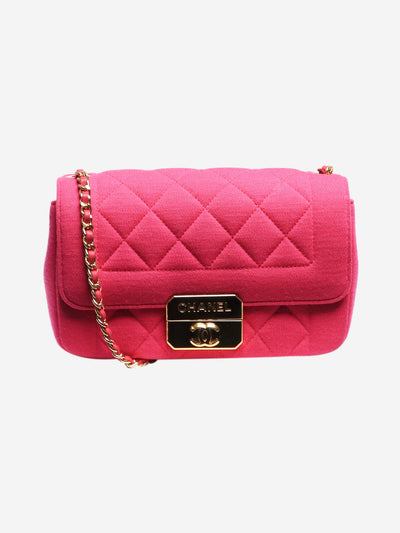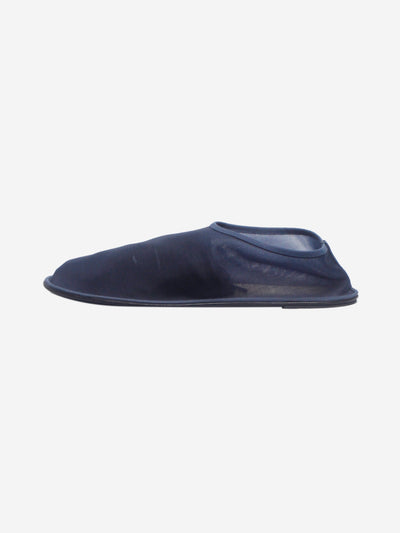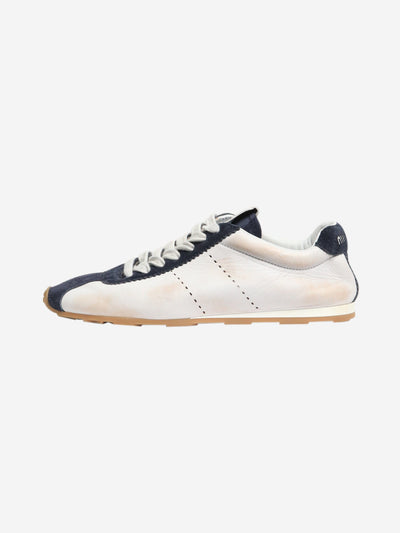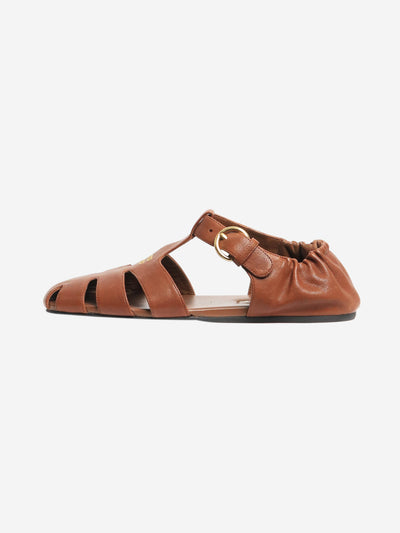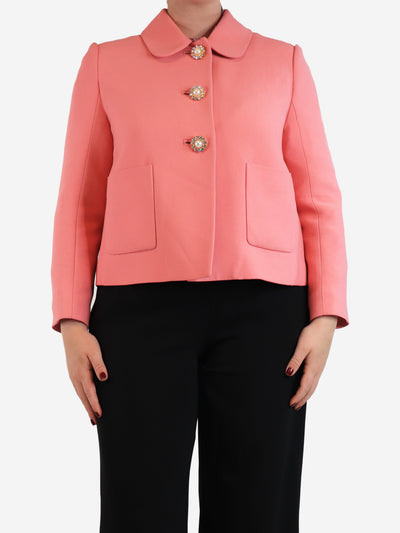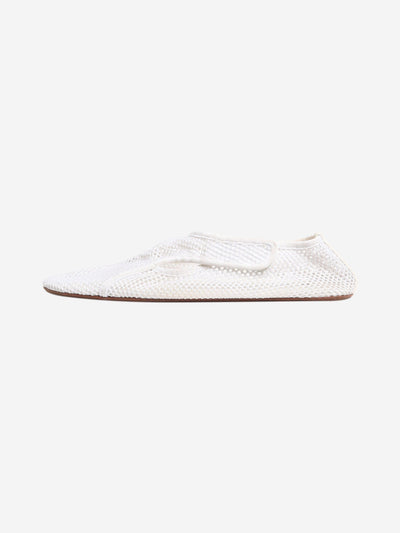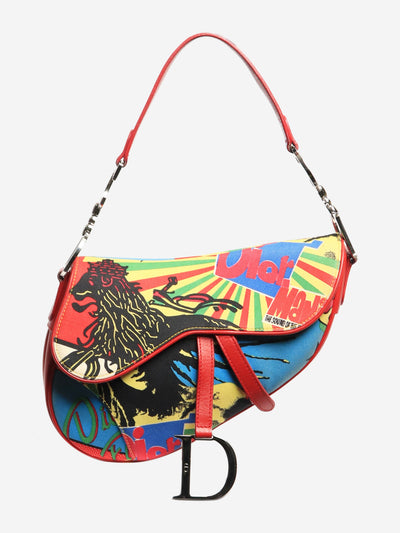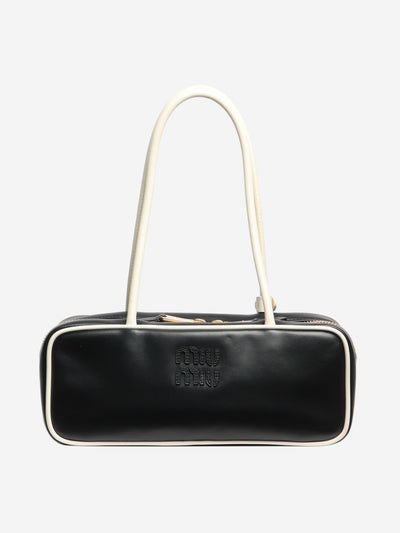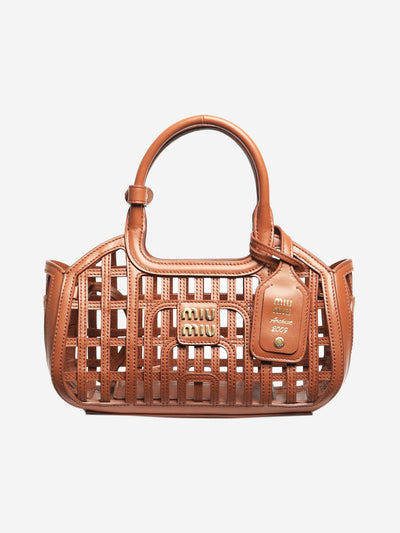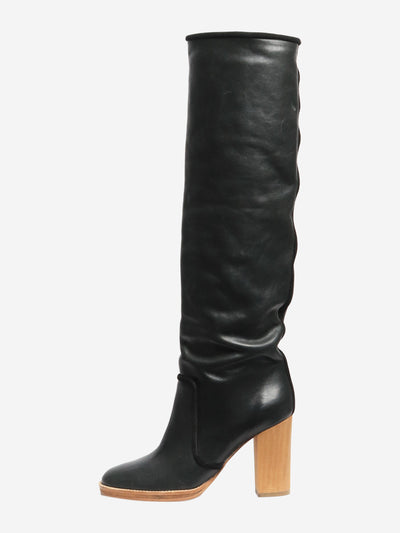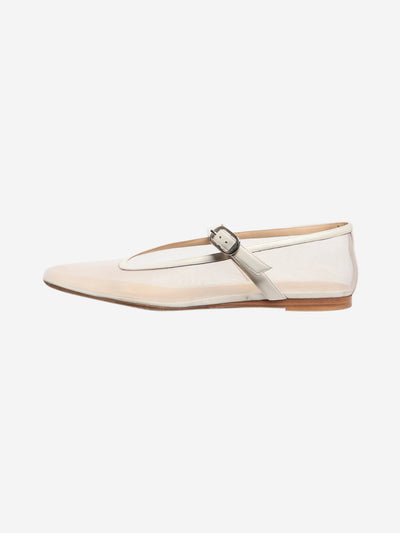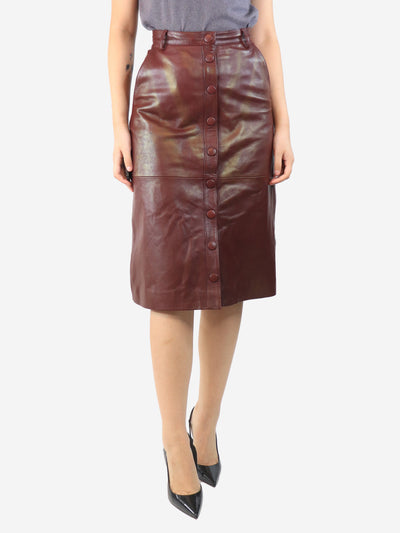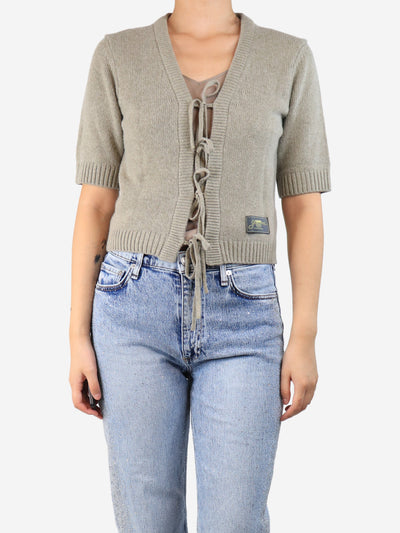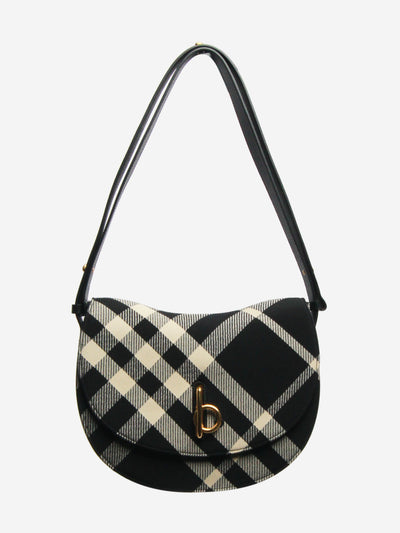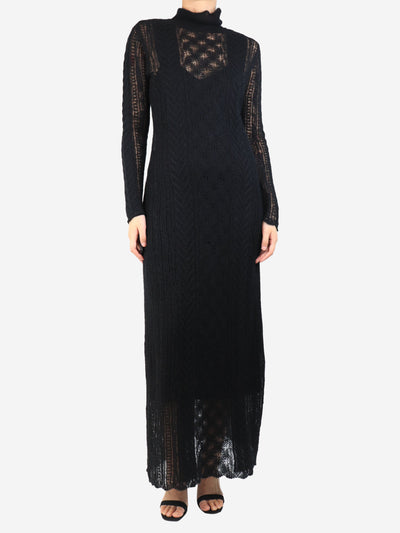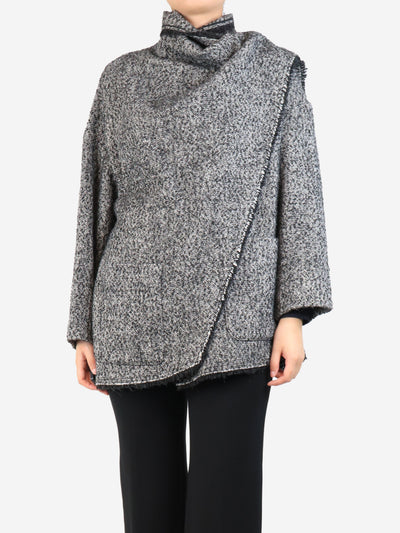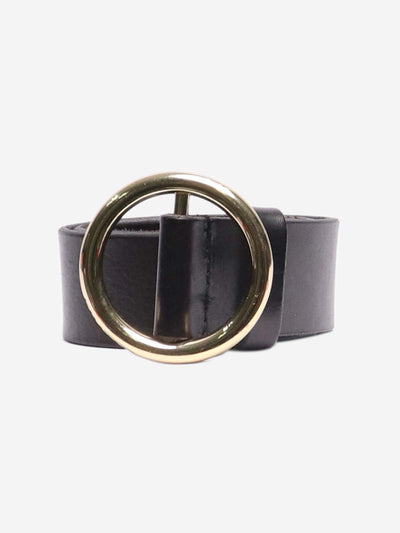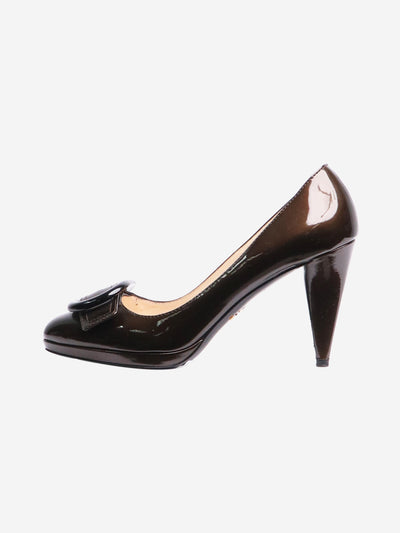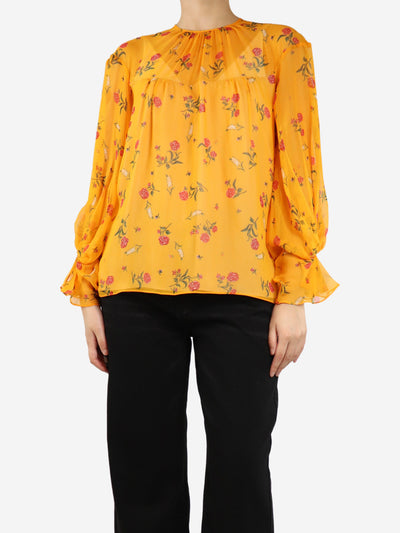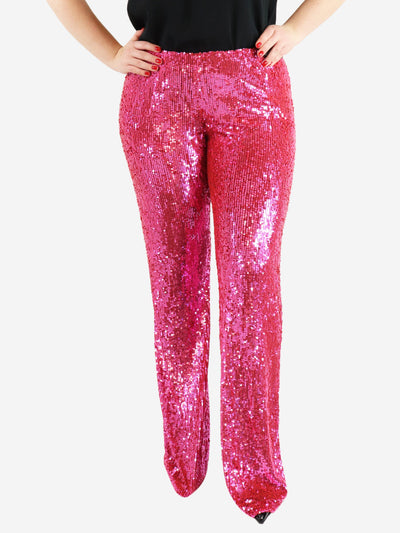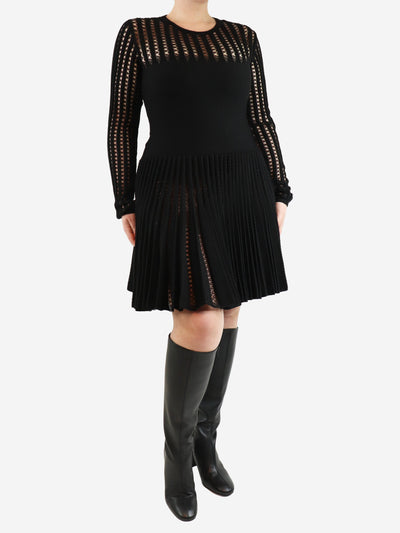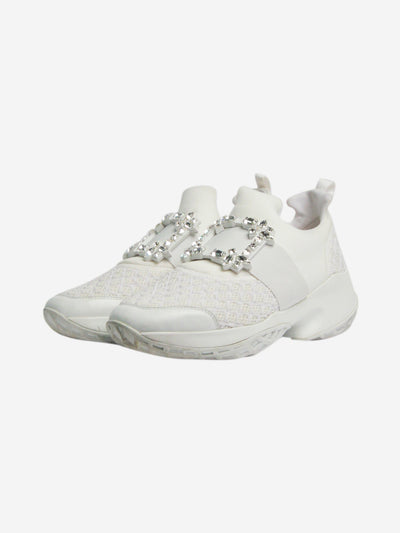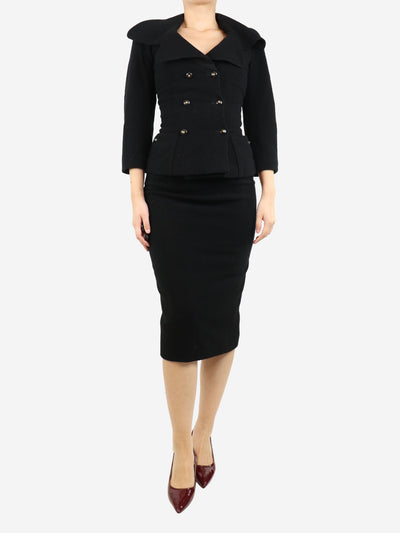How Resale as a Service (RAAS) and Leading Luxury Brands Boost Sales with Secondhand and Sustainability
Posted on
WHAT IS RAAS (RESALE AS A SERVICE)?
Fundamentally RaaS offers brands retail space and consumer services, covering real estate risks and reducing costs. Initially, it involved renting store space and using point-of-sale systems. Now, resale as a service provides diverse services to meet dynamic customer needs.
RaaS lets brands offer customers a hassle free way to buy or sell second hand goods without handling them directly. For instance, a ‘selling service’ which allows customers to send in branded items and get paid in brand vouchers, which drives new sales.
Alternatively, if a multi-brand retailer was keen to boost the ‘buying side’ of the process, they could feature a curated selection of rare luxury pieces in their physical or online store, offering customers exclusive items they cannot find new. This attraction of rare or exclusive products begins a discussion about why RaaS is beneficial for the consumer.

HOW RAAS (RESALE AS A SERVICE) BENEFITS THE CONSUMER AND THE ENVIRONMENT.
CONSUMERS:
For consumers, a recent study noted the most popular answer to reasons for making ‘pre-owned’ purchases rather than ‘new-product’ purchases was the access to rare and exclusive products, this thrill of the hunt for iconic products from previous seasons.
This study also noted an affordability aspect, buying pre-owned helps them to save money, and for many, especially millennials and Gen Z shoppers, there is a strong desire to contribute to greater sustainability in the industry.
ENVIRONMENT:
Global environmental awareness is growing. Buying secondhand designer clothing is compatible with this awareness as it is eco-friendly, cutting new production, saving resources, and reducing textile waste.
It supports a circular economy, and extending a garment’s life by nine months can reduce its carbon, water, and waste footprint by 20-30%. The bottom line is that environmental consciousness and RaaS have a positive correlation.

WHY SHOULD BRANDS BE CONCERNED WITH RAAS (RESALE AS A SERVICE)?
Let’s begin with a stone cold fact. In 2023, £38.78 billion worth of secondhand luxury product were sold worldwide. Industry expert watchers predict an annual growth rate of 10-15 percent over the next decade. Therefore, it is arguably imperative that all services affiliated with this industry get a ‘piece of the pie’.
Resale complements rather than competing with regular retail offer a variety of enhancements:
LUXURY RESALE IS HERE TO STAY: SOME INITIATIVES WHICH HAVE COTTONED ONTO THIS.
Brands need to step up their game in making resale shopping more appealing and natural. It’s clear: luxury resale is not going anywhere, and brands who are not capitalising on this blossoming industry are missing out. Setting up new processes and product flows can be costly, so outsourcing these complexities to specialists makes practical sense, allowing businesses to reap the benefits. Over the past few years there have been multiple instances of said partnerships.
1. Gucci's partnership with Vestiaire Collective allows customers to trade in selected "preloved" items for store credit after authentication and refurbishment, enabling them to make new purchases.

Photograph credit: Gucci.com
2. A few years ago, Stella McCartney and The RealReal entered a collaboration which gave Stella items a second life through resale. It offers consignors a $100 store credit. The collaboration saw a 65% increase in consignors and a 74% rise in consigned items annually.

Photograph credit: Ecotextile News
3. Balenciaga and Reflaunt began their reseller program which enables the customer to re-sell their Balenciaga items that are in good condition. Once the clothing has been sold, the customer can choose between a reward through bank transfer or a Balenciaga voucher for 20% extra.

Photograph credit: Balenciaga.reflaunt.com
If you are interested in working with Sign of the Times to offer resale as a service either in our store in Chelsea, or online, please get in touch. Contact us via hello@signofthetimeslondon.com, and address the email to Antonia.
Written by
Sign of the Times
Published at
-
-
- Choosing a selection results in a full page refresh.
- Press the space key then arrow keys to make a selection.
